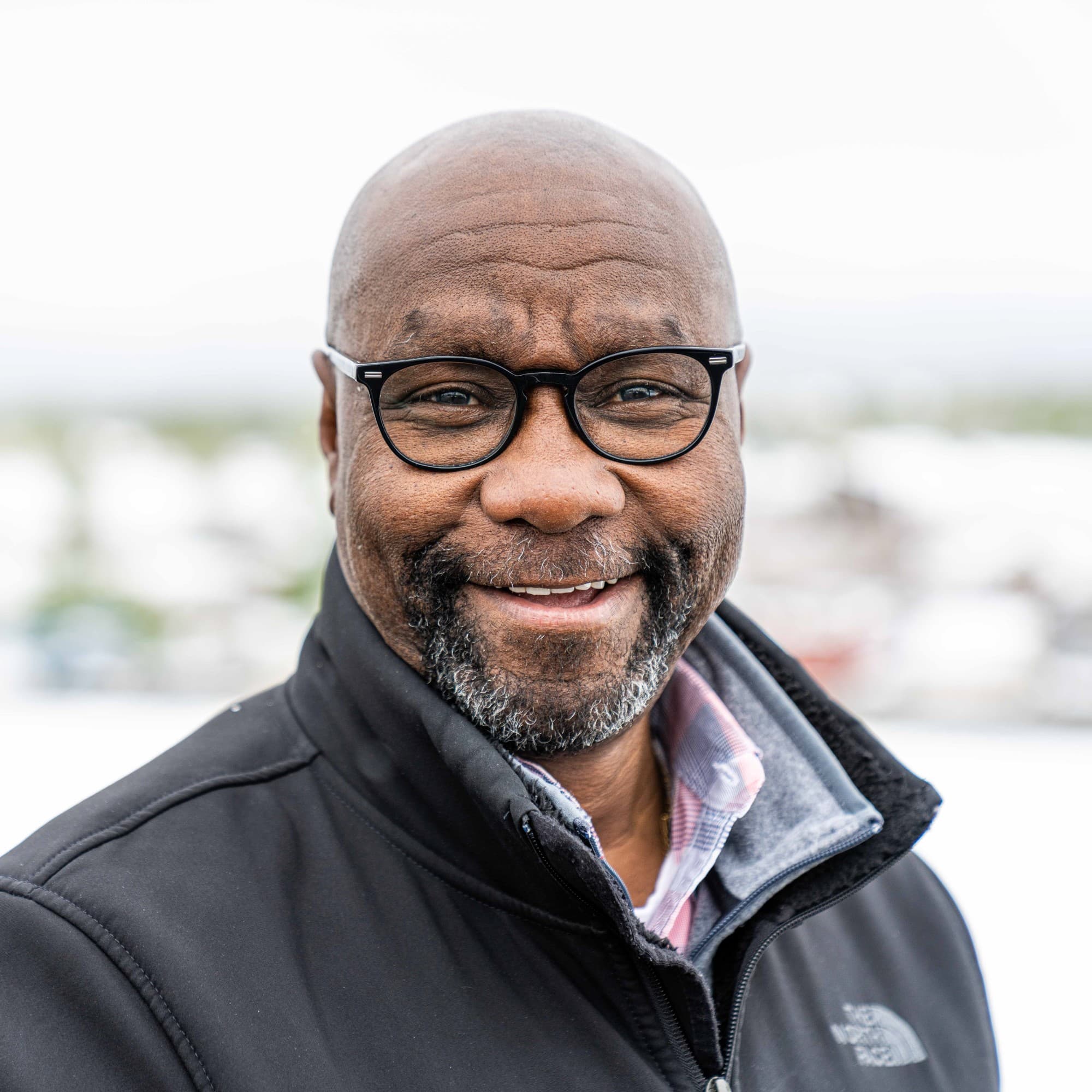
5 Immigrants Who Ran for Mayor and Won
The United States is a country that was built by immigrants, and throughout our history we’ve seen countless individuals from diverse backgrounds rise to prominence in various fields. Today, we turn our attention to representation in the political arena, specifically to immigrants who have run for mayor in the United States and emerged victorious.
From small towns to major cities, these inspiring leaders have demonstrated that America is still a land of opportunity for those willing to step up and serve their communities.
Read on as we profile five immigrants who became mayors of their communities and detail their paths to success. We’ll also discuss the history of immigrant representation in government, the valuable contributions immigrants make to American society, and the future for naturalized citizens in politics.
Immigrant Representation and American Politics
As we celebrate the diversity and achievements of immigrant leaders, past and present, it's essential to recognize the broader impact of immigrants across various fields. Much has been documented about the impact of immigrants on the entertainment industry, the cultural richness that lends vibrance to our society, and their contribution to workforce diversity.
However, less is known about the significant contributions of political representation by immigrants, which has a farther-reaching but more subtle impact on the progression of American society.
Immigrant representation in politics is not a new phenomenon. They’ve been part and parcel of American political discourse and decision-making from the start.
Few people realize that one-third of our original Supreme Court, appointed by George Washington himself, were immigrants. Four of the first six Secretaries of the Treasury were also immigrants, hailing from places as diverse as Switzerland, Scotland, and the West Indies. Eight of the 81 members of our very first Congress were immigrants. Our third Secretary of War, appointed in 1796, was an Irish immigrant named James McHenry.
Jump to present day 21st-century America, and you will see that immigrant representation is growing in U.S. politics, covering a diverse spectrum of influences and origins. Aside from the offices of president and vice president, who must be first-generation Americans, the sky's the limit for the political aspirations of naturalized citizens in the United States.
The list of possibilities for immigrants to hold public office extends to Congress, presidential cabinets, governorships, county commissioners, and mayors. Because most mayorships are non-partisan, the office is often a good entry point for independents with political aspirations.
5 Mayors Who Prove that Diversity Can Win
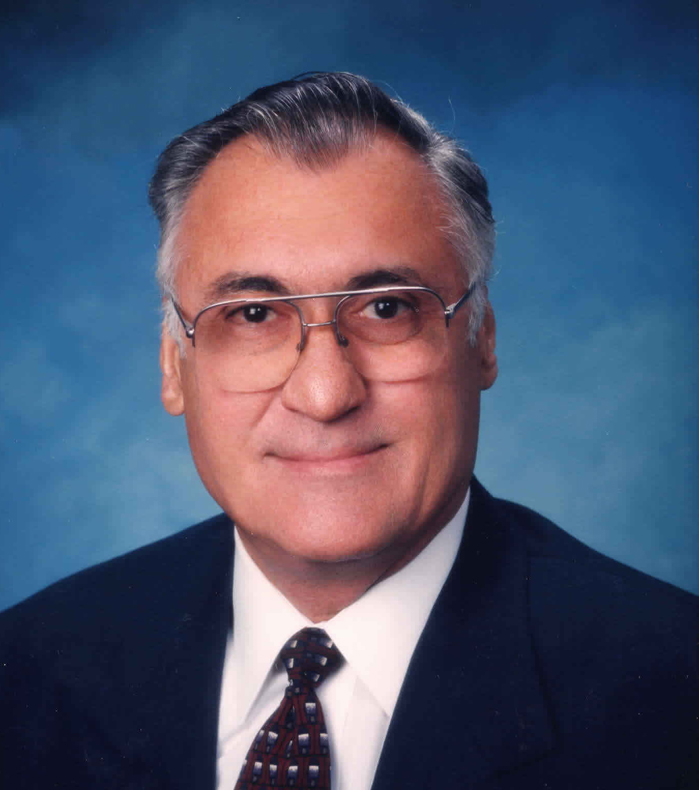
#1: Larry Zarian, Former Mayor of Glendale, California
The late Larry Zarian was a beloved figure in Los Angeles long before his elevation from city councilman to mayor of Glendale in 1986, the first of four terms in office. A real estate developer who was born in Tehran, Iran, Zarian was a man of many firsts.
He was the first in his family to graduate from a U.S. university, earning a Bachelor's degree in Political Science from UCLA. He was also the first business leader to be featured on the cover of Business Life magazine and the first Armenian-American elected as mayor of Glendale. His legacy lives on in current mayor and fellow Armenian, Ardy Kassakhian.
Zarian’s tenure as mayor was marked by innovations in transit, such as the Glendale Beeline, as well as investment in economic development, which was some of the largest in the city’s history. He also served as an inspiration to Glendale’s Armenian population of 60,000 and growing.
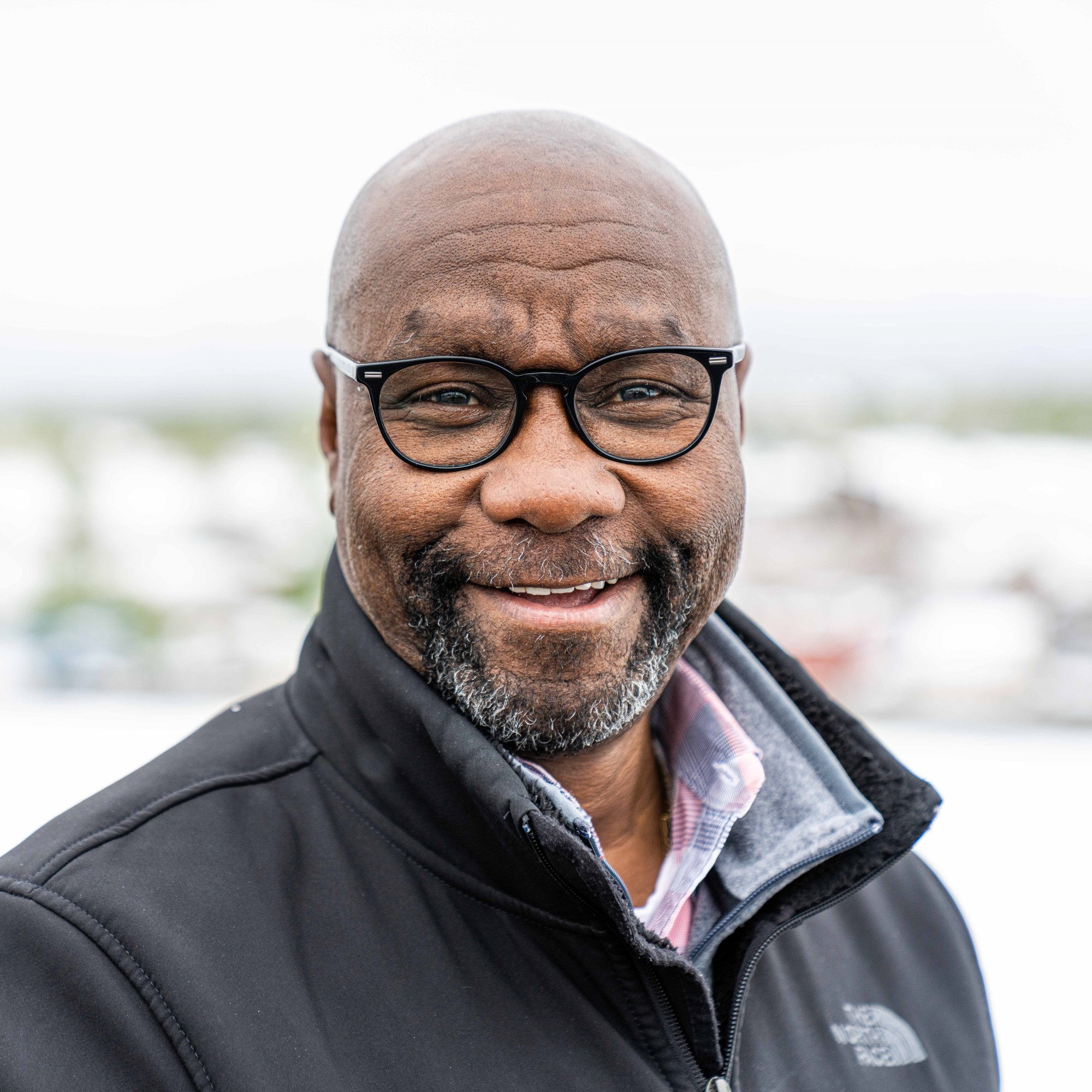
#2: Wilmot Collins, Mayor of Helena, Montana
In 2017, Liberian-born Wimot Collins won a historic victory in his race for mayor of Montana’s capital city, population 32,091. Not only was he the first immigrant elected as mayor of Helena, but he was also the first Black man elected as mayor of any city in Montana’s history. He also managed his win against a four-term incumbent with an impressive 51% of the vote. He was elected to a second term in 2021 with an even more impressive 67% of the vote.
Wilmot, who earned a master’s degree in Human Resources Management from Troy University (Alabama), fled his native Liberia to escape the First Liberian Civil War in 1994. He became a U.S. citizen in 2002. In addition to serving in the U.S. Naval Reserves for 20 years, he worked in the Department of Health and Human Services, specializing in child protection.
Since becoming active in politics, the former independent has worked on policies addressing climate change, affordable housing, and ensuring that essential services in his city are fully funded. In the past, he worked hard to see that Helena's immigrant population was well-served through seats on the Lutheran Immigration and Refugee Service and the Montana Immigrant Justice Alliance boards.
On the prospect of hosting newly arrived Afghan refugees, he said: "This former refugee cannot wait to welcome them to Montana. Hopefully they’ll get involved in our communities and enrich our lives with their experiences and culture. Who knows, maybe one day some of them will even run for office!"
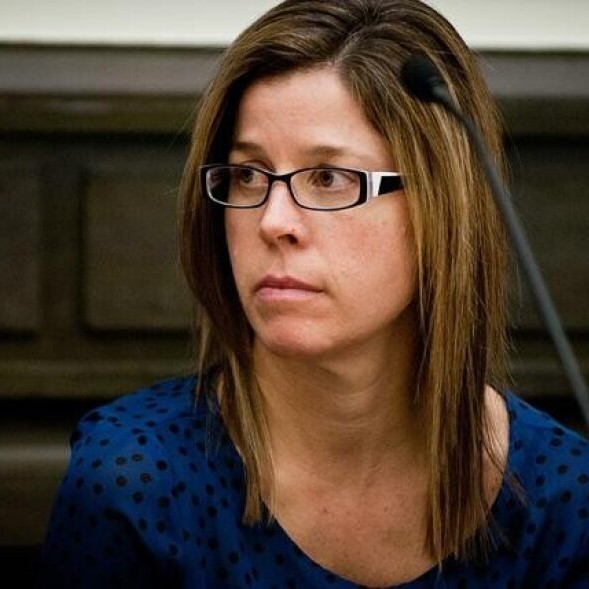
#3: Esther Manheimer, Mayor of Asheville, North Carolina
Esther Manheimer was born in Thy, Denmark, to American parents in 1971. The family returned to the United States when she was three years old and traveled the country before finally settling in North Carolina when she was a senior in high school. She earned her law degree and Master of Public Administration from the University of North Carolina at Chapel Hill.
Shortly after returning to Asheville, Manheimer was elected to the city council, where she served until 2013. That year began the first of three terms as mayor, including her most recent win during the 2022 elections.
Her tenures as mayor of Asheville have been marked by two major events. The first was her vocal opposition to the Public Facilities and Privacy Act, which sought to strip away protections for the LGBTQ+ community. The second was her part in forming the Mayors Organized for Reparations and Equity organization (MORE), a coalition of mayors and business leaders dedicated to starting reparations programs within their cities. Under her guidance, the Asheville City Council voted in 2020 to allocate reparations in the form of investment in areas of disparity for African Americans.
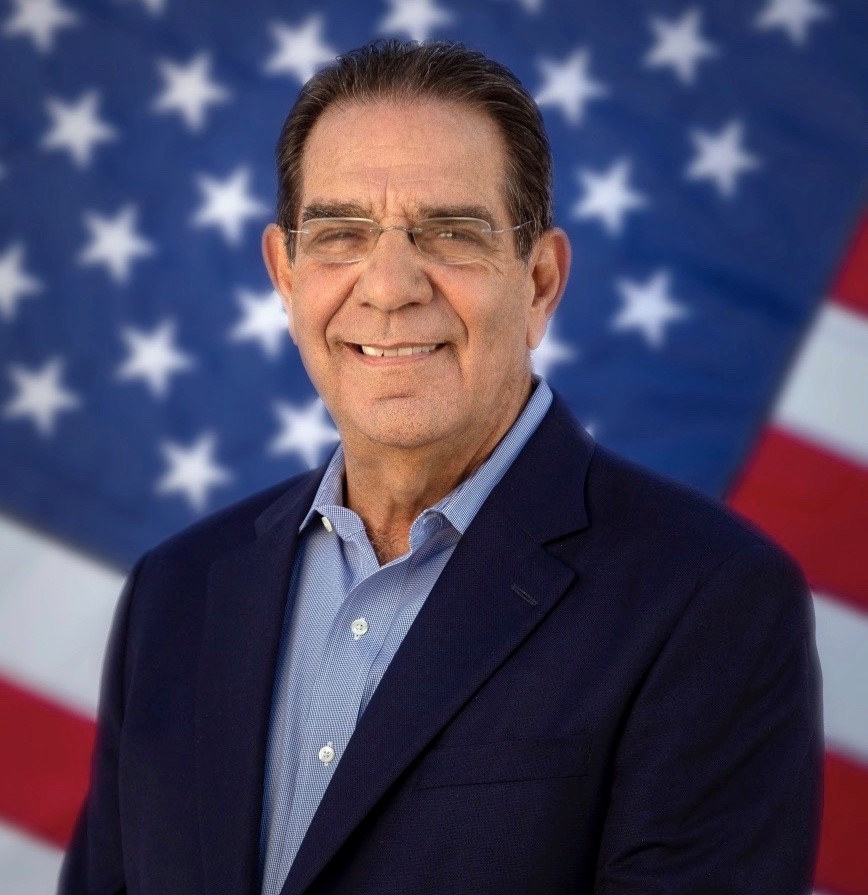
#4: Xavier Suarez, Former Mayor of Miami, Florida
In the dynamic and diverse city of Miami, Florida, former Miaimi-Dade County Commissioner Xavier Suarez became the first Cuban immigrant to be elected mayor. In fact, he did it four times, serving mayoral terms from 1985, 1987, and 1989. He was invited to represent his community as mayor again in 1997 after a break from politics when his third term ended in 1993.
The Cuban-born politician earned his law degree from Harvard University, and went on to obtain a Master of Public Policy designation from the Kennedy School, also at Harvard. He’s currently a Visiting Scholar at Florida International University (FIU) in Miami.
His terms in office were marked by a drastic reduction in crime, a commitment to improving environmental air quality, and furthering the city’s business interests. He was, and remains, passionate about solving the problems of affordable housing and income inequality.
Continuing his legacy, Xavier’s son, Francis Suarez, was elected mayor of Miami in 2017. Under his leadership, Miami continues to thrive as a hub for business and culture.
His policies have supported economic development, urban revitalization, and disaster preparedness, which are essential for a city that faces climate challenges. As with his father, the younger Suarez's immigrant heritage has undoubtedly played a pivotal role in his administration, and he recently announced his intention to enter the 2024 presidential race.
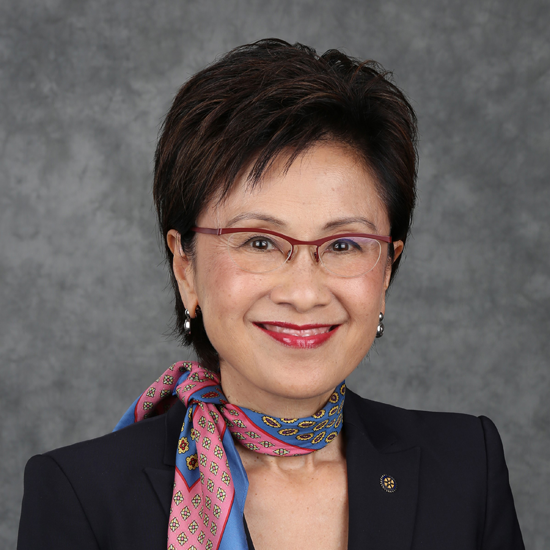
#5: Karen Goh, Mayor of Bakersfield, California
Born in Calcutta, India, in 1955 to missionary parents, Karen Goh was raised with a mindset of public service and community involvement. Her family immigrated to Bakersfield, California, when Karen was seven years old and quickly became fixtures in the local faith community, providing leadership within the Chinese community through the Bakersfield Chinese church, where her brother David is currently senior pastor.
She became a naturalized citizen at the age of 12 and pursued a path in music education which culminated in a Master of Music Education degree from the University of Southern California (USC). After graduation, she went to work for McGraw Hill publishing in New York, advancing to editorial director and, eventually, Vice President of publishing operations. It was during her tenure at the publishing company that the 9/11 terrorist attacks occurred, which Goh witnessed from her office window.
This event led her to rethink her future, and she returned to Bakersfield in 2004 to begin a career in public service. Her upbringing and executive experience made her a valued member of the community she loved, and that passion led to involvement in many community-oriented organizations. It also earned her awards and accolades from non-profit organizations throughout the city of Bakersfield and the state of California.
In 2010, she was appointed to the position of Kern County Supervisor by then-Governor Arnold Schwarzenegger. She successfully ran for mayor of Bakersfield in 2016, winning with just over 52% of the vote in a very crowded field. She was only the second woman and first person of Asian descent in Bakersfield to do so. Goh was reelected in 2020 with 83% of the vote.
Her tenure as mayor has been marked by a commitment to addressing homelessness in the city at the root cause, gaining a large grant from the state of California to address the problem. Her administration also focuses on environmentally friendly policies, job creation, and public safety.
The Future of Immigrant Representation
The immigrant mayors highlighted here demonstrate the remarkable potential of people from diverse backgrounds to lead and positively impact their communities. These leaders not only represent their immigrant heritage but also embody the core American values of hard work, dedication, and the pursuit of a better life.
Change begins at the local level, and running for mayor is a great way to give back to the community.
Is There a Mayoral Race in Your Future?
The success stories of these mayors should inspire us to recognize and celebrate the contributions of immigrants and work towards creating a more inclusive, welcoming, and prosperous nation for all. However, we still have far to go if we want representation that’s truly reflective of our diverse population, as this list of mayoral races for 2023 demonstrates.
America's strength has always been rooted in its diversity, and the mayors highlighted above embody the spirit of a nation built by immigrants and made stronger by their presence.
Our immigrant communities are also American communities, and they’re part of what makes America great.
If you’ve wanted to initiate change and take part in a celebration of the best of America, perhaps representing your community as mayor of your city or town is a great way to begin. With our free resources and support, you’ll develop the skills and confidence needed to take the next step and declare your candidacy.

